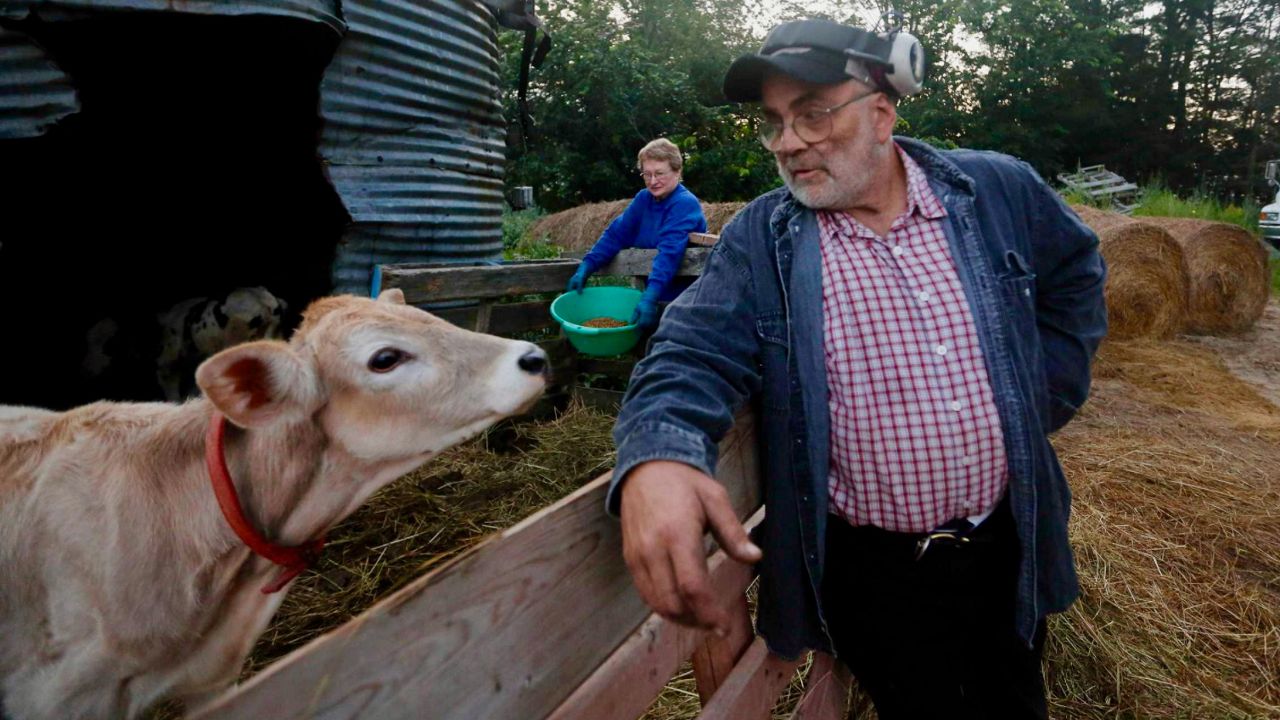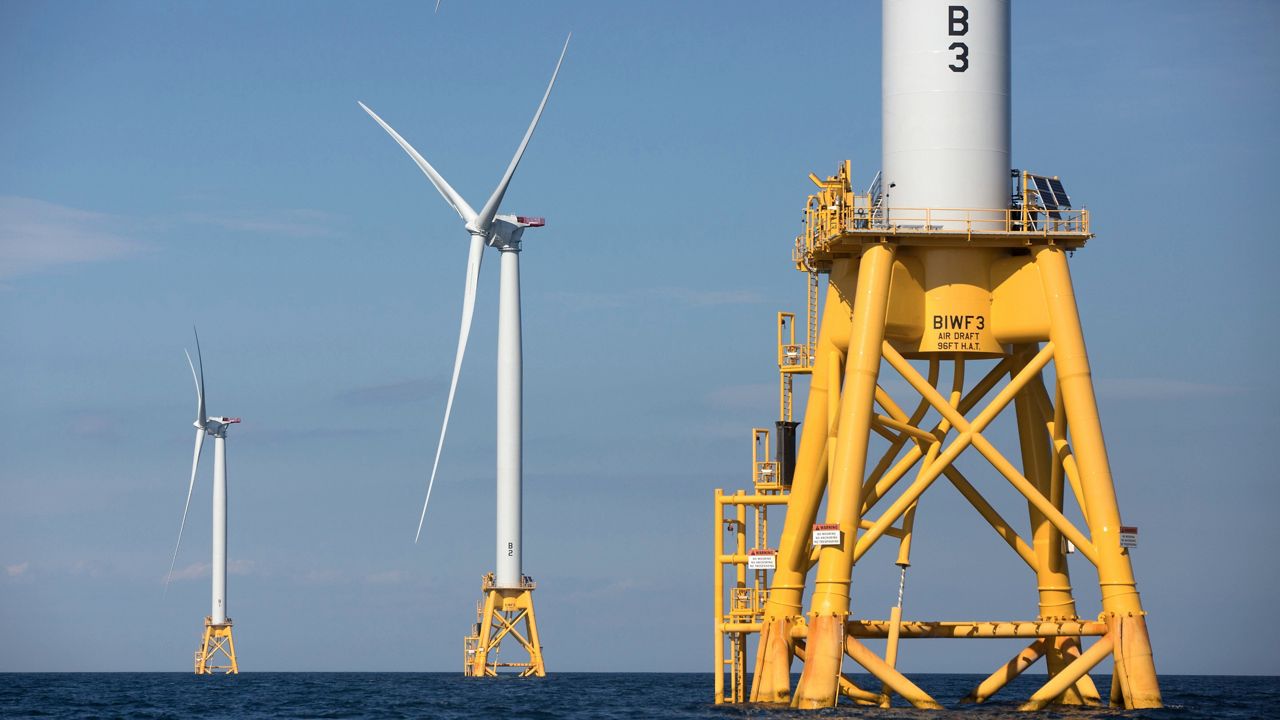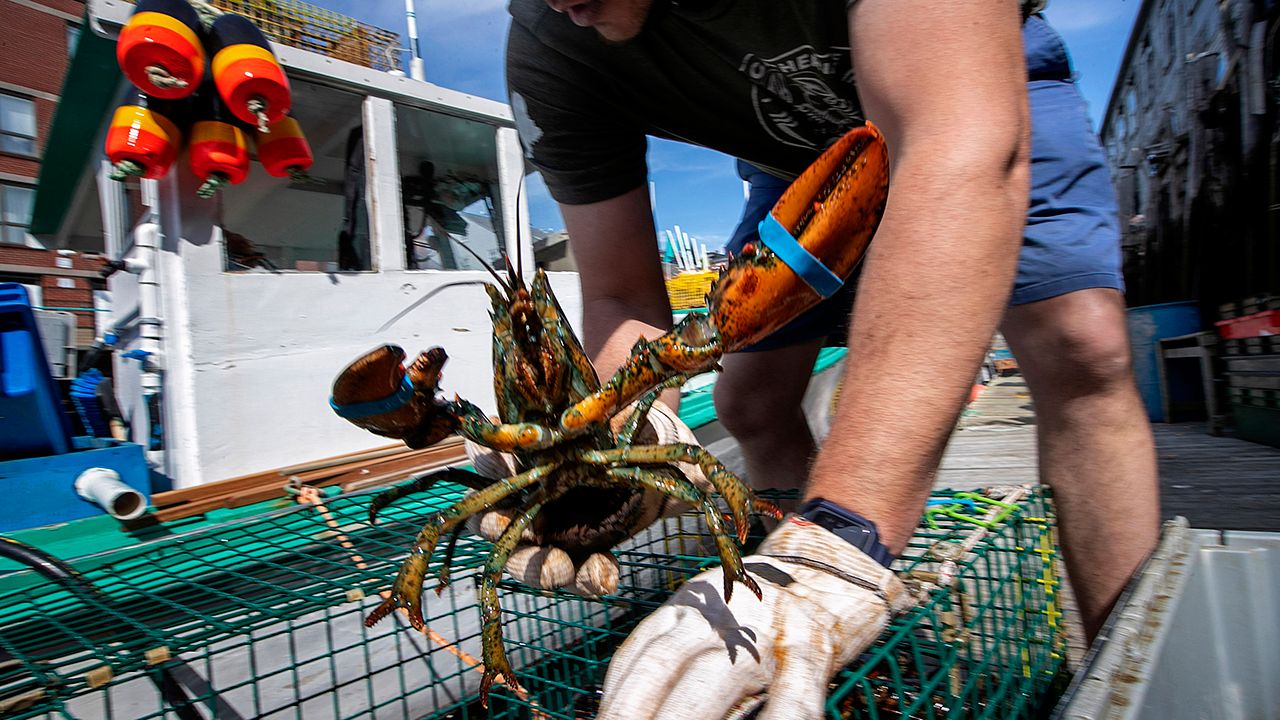A state legislative committee heard broad support Monday for two bills that would tighten controls on toxic “forever chemicals” at Maine landfills and in sewage sludge used as fertilizer.
PFAS, or per- and poly-fluoroalkyl substances, are a large group of industrial compounds that were common for decades in a range of household products. They can build up in soil, water and the human body, and have been linked to serious health problems at very low levels.
Maine legislators passed a bill in 2021 to create strict limits on six kinds of PFAS in drinking water, starting with widespread testing due to be completed by the end of this year. Another 2021 law requires PFAS testing at sites treated with sludge, a fertilizer made by wastewater plants that may treat PFAS-heavy discharges such as the liquid landfill runoff called leachate.
The two new bills that the legislature’s joint Environment and Natural Resources committee heard Monday would require state-owned landfills to use treatment systems to remove PFAS from that leachate before it goes to sewage plants, and would ban sludge from being put on soil if it was found to contain unsafe levels of PFAS.
The Department of Environmental Protection opposed both bills. Officials said in testimony that the agency would need more funding and resources in order to comply and that state and federal PFAS regulations were already in the works to address these issues.
But some who testified said Maine has not done enough to address PFAS contamination quickly or communicate with the public about its risks, falling short of steps taken by neighboring states.
“Sludge spreading isn’t safe. … We’re going to be contaminating land that – it’s a resource that you can’t fix it once it’s broken,” said former state legislator Sharon Treat, who testified on behalf of the Institute for Agriculture and Trade Policy. “It’s very hard to see what the argument is for continuing this practice… and potentially destroying (Maine’s) capacity to be a state that has high levels of agriculture and acts as a food hub.”
Legislators also heard from Johanna Davis and Adam Nordell, who live and work on an organic vegetable farm in Unity. The couple learned late last year that their land was treated with sludge decades ago, contaminating their soil, water and blood with very high levels of PFAS.
They’ve suspended all their sales and are now working with state agencies to run more tests of their soil, water and crops. The couple believes they’re the first vegetable farm in Maine to seek state support on this issue, but said they won’t be the last.
“We struggle to see a path forward for our farmland, our business, for our family,” Nordell said. “There are going to be more farms and more rural Maine residents affected by this. … No one can undo the historic contamination of our land, but we know enough now to turn off the tap.”
Maine first began considering more PFAS regulations several years ago, after a dairy farmer in Arundel saw his livelihood devastated by high levels of the chemicals from sludge use.
The legislature’s environment committee will hold work sessions on both bills in the coming weeks and may consider amendments before voting on a recommendation for the proposals in the state House and Senate.








